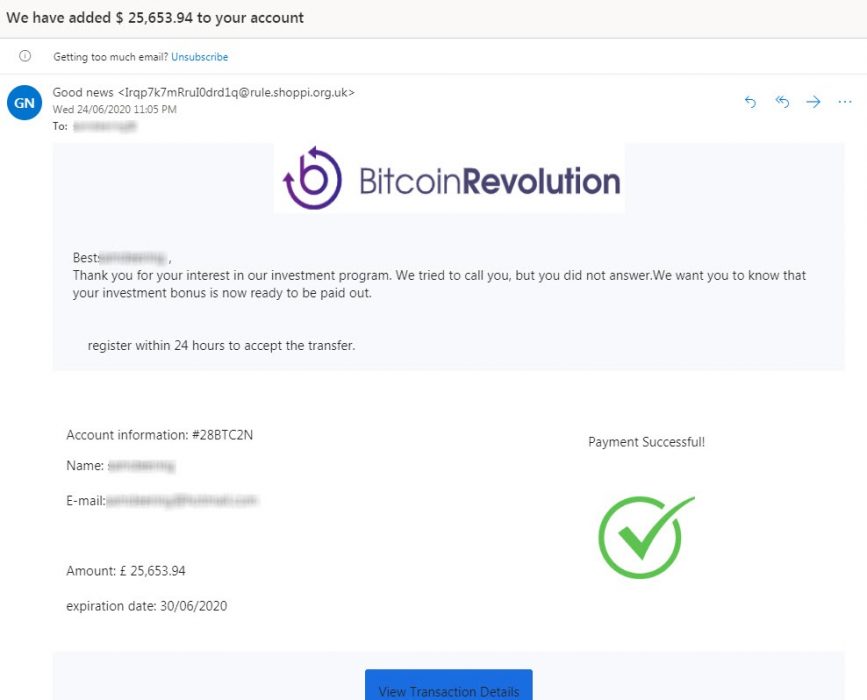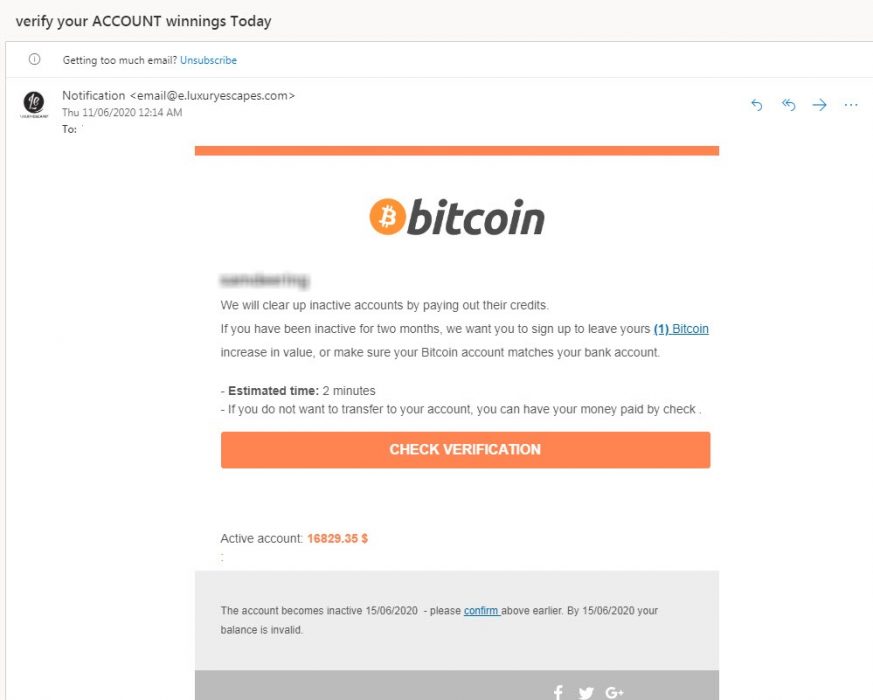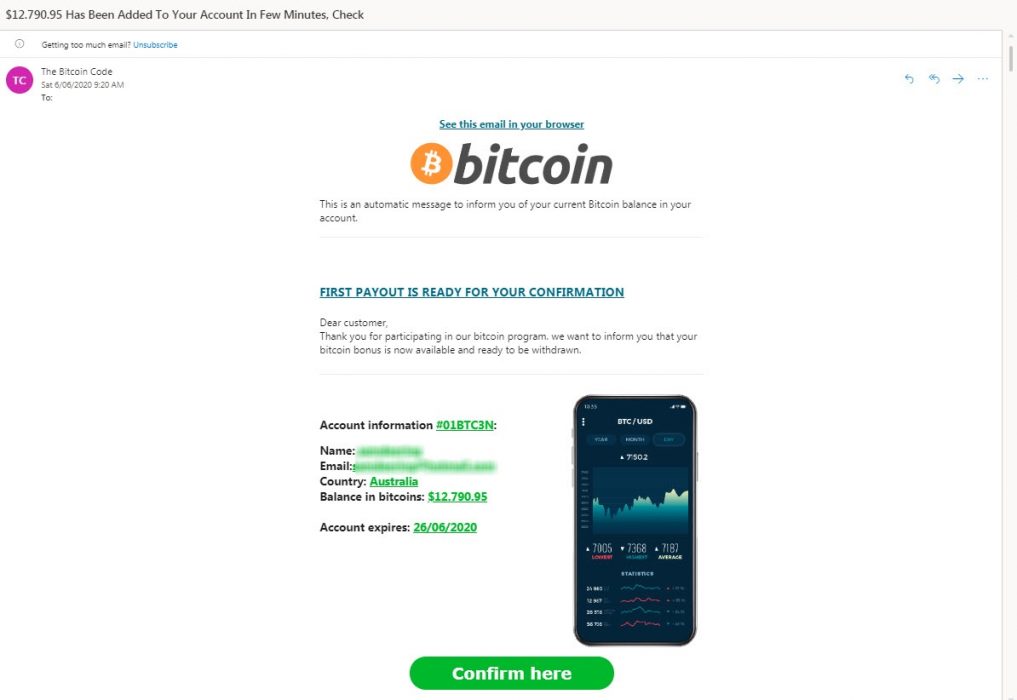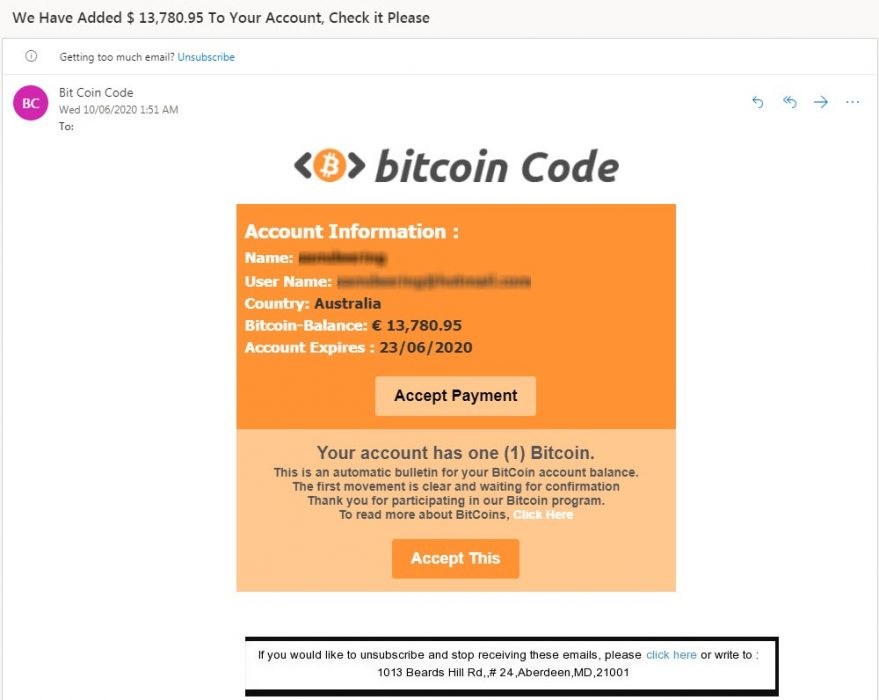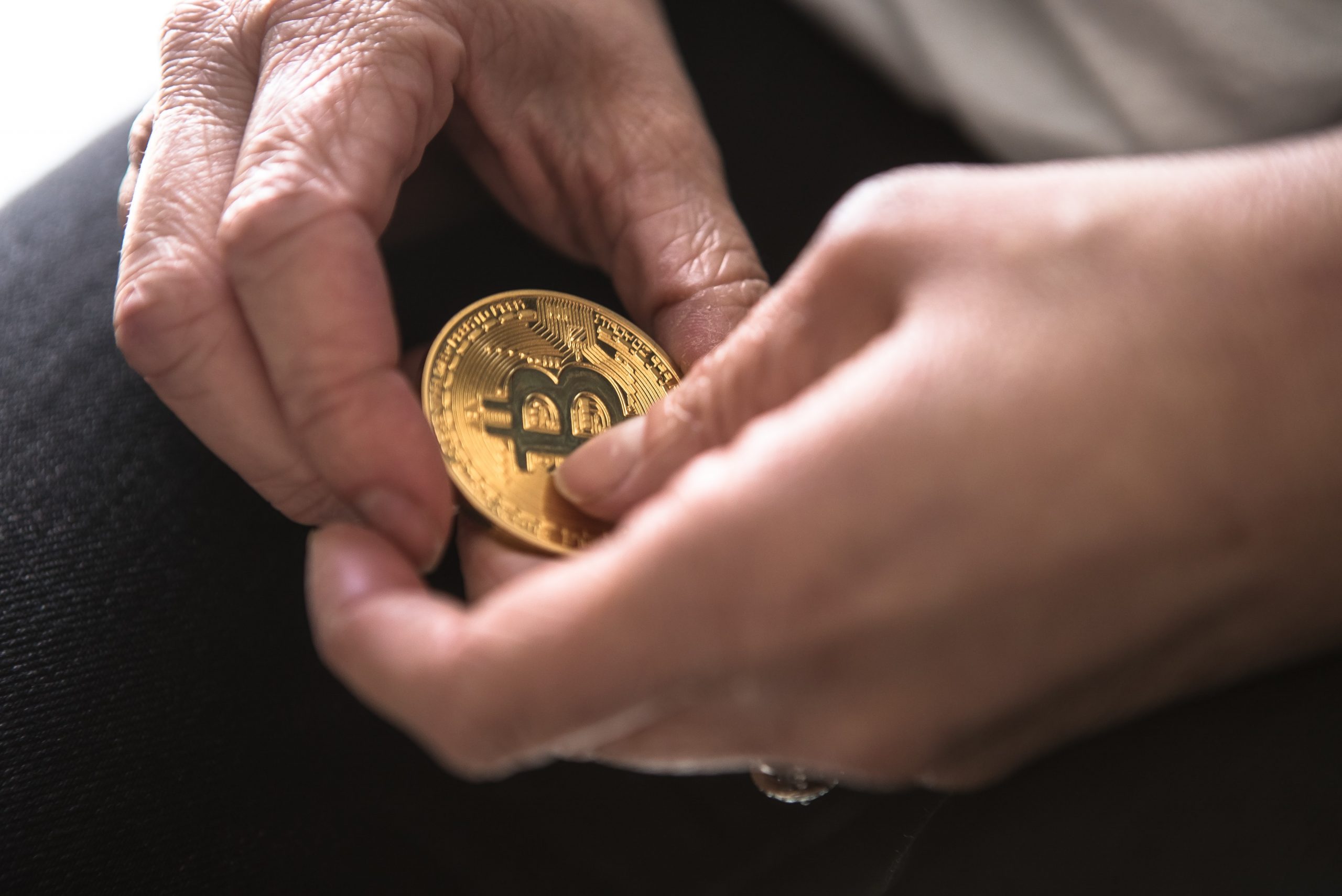The crypto market appears to be poised on the cusp of a new bull run, with Bitcoin prices maintaining a steady hold over the $11,000 USD mark for several weeks running. 2017’s crypto bull run saw initial coin offerings explode internationally, with Aussie ICOs taking home hundreds of millions in startup capital. Can the Australian ICO rise again in the new regulatory ecosystem?
Late 2017 and early 2018 saw the initial coin model capture the attention of investors around the world. Startups such as Block.one generated $4 billion USD though the EOS ICO, the Telegram ICO captured $1.7 Billion, and other blockchain ventures such as Huobi, Tezos, and Filecoin generated hundreds of millions of dollars through token sales.
Australian Startups Led 2018 ICO Charge
Some of the most successful initial coin offerings of the 2018 token sale market were launched by Australian businesses. Australian stablecoin platform Havven raised $38.6 million in March 2018, while blockchain-based energy platform Power Ledger raised $34 million in an earlier 2017 offering.
While success stories such as Power Ledger are now valued at over $44 million, other Australian blockchain ventures — such as CanYa’s unsuccessful bid toward decentralized freelance marketplaces, now boasting a market cap of just $2.5 million — were unable to ride the blockchain wave to market dominance.
Initial coin offering funding in the first quarter of 2018 reached $6.3 billion, exceeding the total raised through token sales in the entirety of 2017. As “crypto winter” hit the digital asset market in mid-2018, however, confidence in the initial coin offering model fell as fast-moving regulators moved to place restrictions on how initial coin offerings were operated.
Crypto Market Returns to Early 2017 Sentiment
With cryptocurrency prices now hinting toward a major breakout and decentralized finance platforms such as Chainlink demonstrating 400 percent price spikes in days, crypto market sentiment is approaching the same level of fervor witness prior to the late 2017 all-time market cap high.
Sentiment towards the ICO model, however, hasn’t followed suit. Q1 2019 saw just $118 million raised through ICOs, with the initial coin model rendered obsolete compared to more complex token offerings such as BoltonCoin’s $68 million 2019 security token offering and BitFinex’s $1 billion initial exchange offering. The ICO model, as of December 2019, was dead.
Will the Crypto Renaissance Resurrect the ICO?
ASIC provides detailed guidance regarding the launch of initial coin offerings and digital assets in Australia, noting that from the perspective of the Australian government ICOs are now subject to both the Corporations Act 2001 and the Australian Securities and Investments Commission Act 2001 (ASIC Act).
What does this mean for blockchain crowdfunding in Australia, though?
Any blockchain venture focused on selling tokens that fall within the definition of a financial product or security require significant compliance effort, such as the requirement of an Australian Financial Services license. A token stale that doesn’t fall under the classification of “financial product” must substantiate this conclusion to ASIC, and must perform KYC and AML compliance regardless of the nature of the token sold.
In short, the new regulatory framework that governs Australian token sales exists to protect both Australian and international investors from the possibility of ICO exit scams, which were highly prevalent during the 2018 ICO “gold rush.”
ICO Renaissance Unlikely, New Token Sale Models Take the Lead
Earlier this year, Blockchain Australia published a report in partnership with the RMIT Blockchain Innovation Hub detailing a number of recommendations for the taxation and regulation of ICOs to overcome the regulatory hurdles that currently restrict Australian ICOs from executing successful launches.
“A company’s proceeds from the issuance of tokens in an ICO should be considered ‘not assessable’ for income tax purposes, which is equivalent to the treatment offered to companies in respect of proceeds of a capital raise.”
Ultimately, the regulatory and taxation framework created to manage the ICO boom has stifled the possibility of launching a successful initial coin offering in Australian in 2020 — but leaves the door open to a new generation of STOs, IEOs, and other novel token sale structures that comply with the new regulations in order to further decentralize traditional equity markets.










